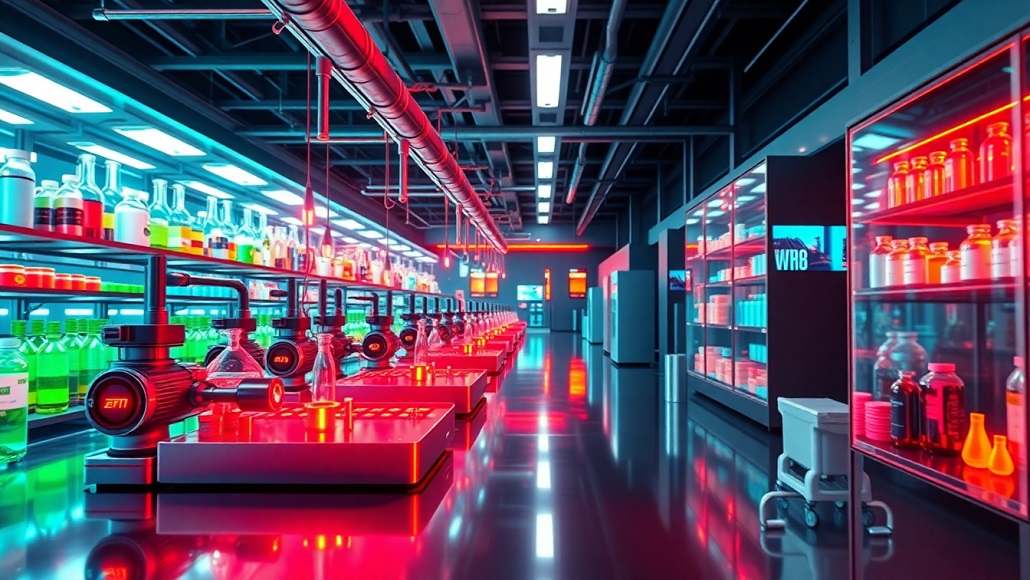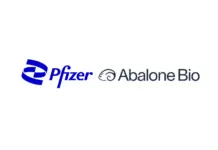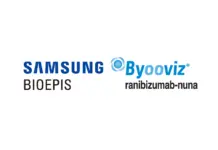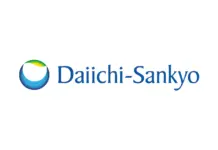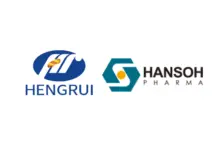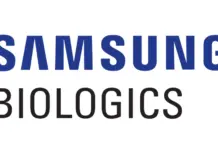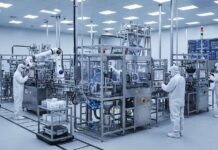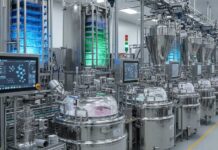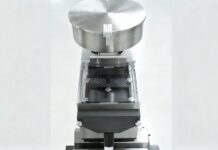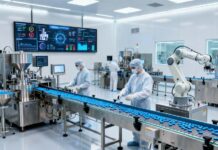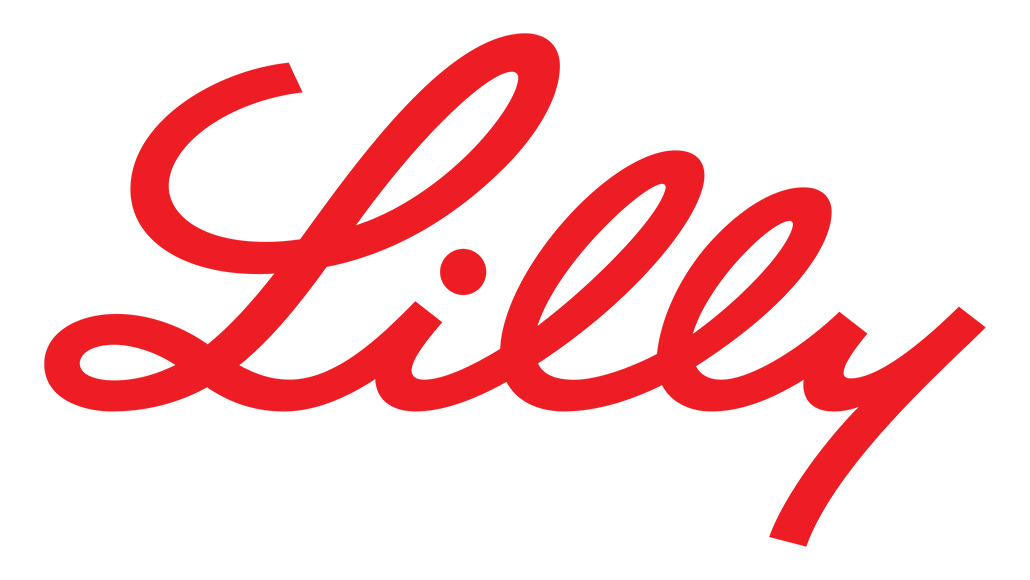Eli Lilly and Company has officially introduced the Lilly TuneLab AI platform, a new artificial intelligence and machine learning system designed to give biotechnology companies access to advanced drug discovery models. These models have been developed using decades of Lilly’s research data, with the initial release reflecting proprietary datasets valued at more than $1 billion, making it one of the most significant contributions of its kind to biotechnology.
“Lilly has spent decades building comprehensive datasets for drug discovery. Today, we’re sharing the intelligence gained from that investment to help lift the tide of biotechnology research,” said Daniel Skovronsky, M.D., Ph.D., chief scientific officer, and president, Lilly Research Laboratories and Lilly Immunology. “Lilly TuneLab was created to be an equalizer so that smaller companies can access some of the same AI capabilities used every day by Lilly scientists. By opening up access, we hope to accelerate the creation of new medicines for patients who need them.”
The Lilly TuneLab AI platform is built on Lilly’s extensive drug disposition, safety, and preclinical data, covering experimental outcomes with hundreds of thousands of molecules. In exchange for access, collaborative biotech companies supply their own training data, boosting ongoing development throughout the shared ecosystem. The third-party-managed platform employs federated learning to protect proprietary content while still allowing partners to gain value from Lilly’s models. Developed in collaboration with global technology providers and AI/ML specialists, the platform will continue to evolve, with Lilly planning to expand its features to include advanced in vivo small molecule predictive models.
As part of Lilly Catalyze360, the initiative complements other resources for biotech partners, such as strategic support through Lilly Ventures, laboratory infrastructure at Lilly Gateway Labs, and drug development expertise via Lilly ExploR&D.
“For many early-stage biotech companies, the promise of AI and machine learning in drug discovery remains just that — a promise. While the industry buzzes about the power of AI/ML to accelerate innovation, most small biotechs face a fundamental hurdle: they simply don’t have access to the large-scale, high-quality data needed to impact decisions and train truly effective models,” said Nisha Nanda, Ph.D., group vice president and head, Lilly Catalyze360. “With Lilly TuneLab we’re not just sharing resources, we are also compressing decades of learning into instantly accessible intelligence. Through this platform, we can help our biotech partners unlock novel scientific insights, make smart development decisions earlier, and increase their likelihood of success.”







